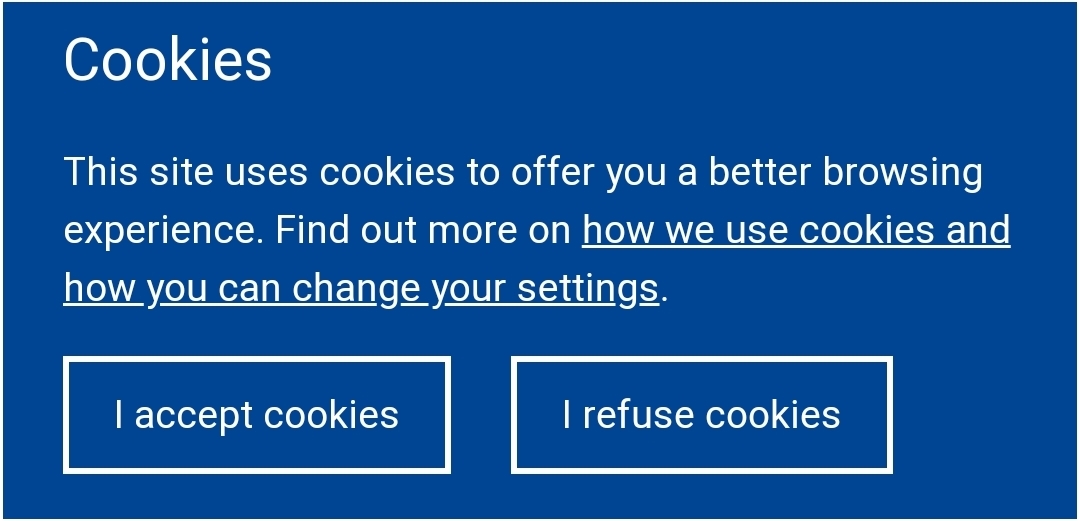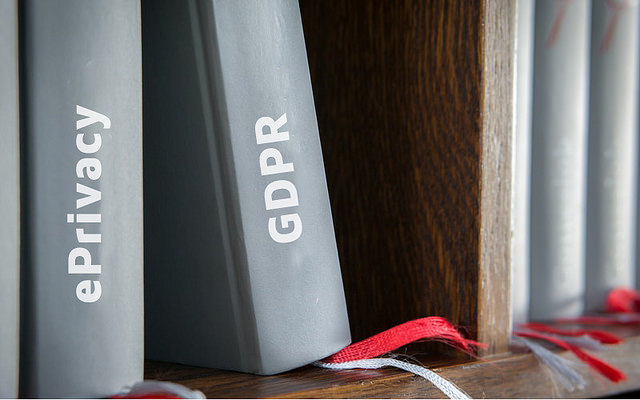Author: Eduardo Ustaran
Eduardo Ustaran is co-director of the Privacy and Cybersecurity practice of Hogan Lovells and an internationally recognised expert in privacy and data protection law. Email eduardo.ustaran@hoganlovells.com. Twitter @EUstaran

Key data protection challenges for 2021
Data globalisation after Schrems II Browsing the web. Using apps. Communicating electronically. Shopping online. Working from home. Life as we know it relies on data flowing across geographical borders throughout the world. However, international data transfers have never been more scrutinised. Following the ruling by the Court of Justice of the European Union (CJEU) in […]
Read More
Getting cookie consent right
One could be forgiven for thinking that knowing how to comply with a legal obligation that has been in place for nearly a decade would be clear cut. However, widespread practice tells us that this is far from the truth. In November 2009, as part of wider reforms to the European telecommunications regulatory framework, the […]
Read More
GDPR – the dust is settling
The panic has receded. The frantic drafting has slowed down. The GDPR – widely regarded as the most ambitious data protection legal framework ever created – is in place and life goes on. As the dust left by the dramatic coming into effect of the GDPR settles, we are beginning to see what the GDPR […]
Read More
Thinking strategically about Brexit and data protection
To date, the main legacy of the Brexit referendum of 2016 appears to be a country split in half: some badly wish the UK would continue to be a member of the EU and some are equally keen on making a move. Yet, there seems to be at least one thing on which Remainers and […]
Read More
GDPR – beyond the panic
“So, have I missed the boat to get ready for the GDPR?” “Will I get fined for not being fully up to speed?” “What is the worst thing that can happen if I am not complying by May 2018?” These are some of the most frequently asked questions currently accompanying the efforts (or lack of […]
Read More
Privacy in 2017
After all of the 2016 drama, the start of a brand new year is a welcome development in itself – a clean sheet for a script yet to be written. However, 2017 will not be without challenges and the same applies to the world of privacy and data protection. Many of the big issues that […]
Read More
Is the Privacy Shield adequate?
For decades, overcoming the limitations of European data protection law to transfer personal data to countries outside the European Union has been a compliance priority for organisations operating internationally. Global data flows are part of the fabric of modern communications and everyday commercial and social interactions. This is especially true of the transatlantic relations between […]
Read More
Life after Safe Harbor – an action plan
On 6 October 2015, the Court of Justice of the European Union (CJEU) declared the EU–US Safe Harbor framework invalid as a mechanism to legitimise transfers of personal data from the EU to the US. This decision effectively leaves any organisation that relied on Safe Harbor exposed to claims that such data transfers are unlawful […]
Read More
The future of privacy
In recent years, privacy and data protection have become business critical issues whose significance is only set to increase. Due to the combined effect of three factors – the evolution of technology, the realisation of the strategic and commercial value of personal data, and the globalisation of data-reliant activities – we find ourselves at a […]
Read More
Importing online contacts and data protection
To say that online networking has revolutionised the way we interact socially and professionally with others is a massive understatement. Social and professional networking services, which did not even exist at the beginning of the 21st century, have become the driving force of Web 2.0 and their growth rate is a simply a reflection of […]
Read More
Cookies and consent
Cookies are plain text files which are usually very small in terms of the amount of information they store but which perform essential functions on the internet. The common feature of cookies is that they are used to distinguish one browser (one person) from another and this can be used for a number of purposes, […]
Read More
Web 2.0 and privacy: risks and solutions
It is sometimes difficult to comprehend how, in the not too distant past, anyone could book a hotel without looking at TripAdvisor or could invite someone out for lunch without checking a user review published in Toptable or london- eating. Today, we rely on the collective wisdom of total strangers (although not necessarily to the […]
Read More